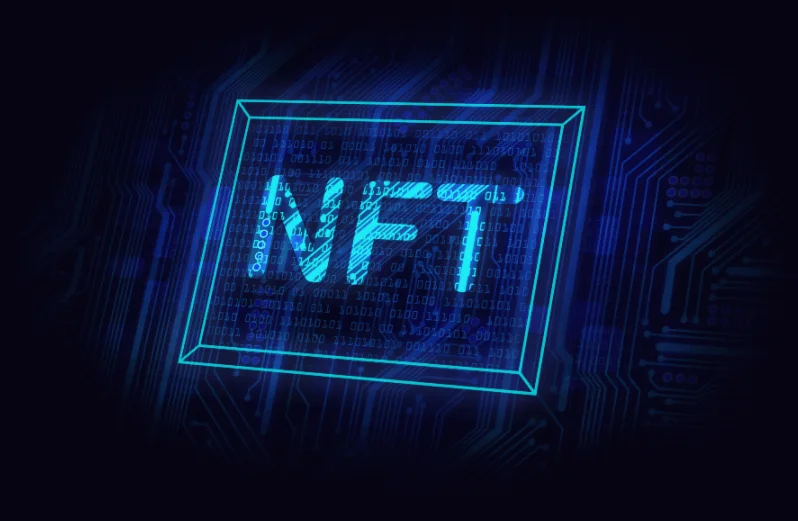NFTs have the potential to serve as a vehicle for the crypto elite to legalise their ill-gotten fortunes.

However, there may be more to the nonfungible token market than meets the eye, as questions grow over the sector’s role in money laundering and tax evasion.
A new report from crypto investor and uber-bearish crypto critic Mr. Whale draws attention to the more sinister aspect of the booming NFT market. In a blog post published earlier this week, a Bitcoin early adopter explained that the popularity and notoriety of non-financial institutions (NFTs) was due to their capacity to facilitate money laundering and tax evasion for the wealthy and influential.
“Behind the facade of a bunch of bored rich dudes buying digital artwork at insanely high prices lays a sinister and twisted money laundering scheme for crypto’s ultra-rich elites to make their illegal profits look legal.”
In his view, politicians and regulators are less likely to scrutinise NFTs since art is so subjective and in the eye of the beholder, as opposed to other forms of investment. He went on to say that this characteristic of art is one of the key reasons why it has been utilised as a vehicle for illicit financial flows for hundreds of years.
According to Mr. Whale, the actual laundering of money is a fairly straightforward process. When one uses unlawful monies to purchase an NFT from oneself, it is a simple and effective technique to shift money while maintaining the appearance that the funds were used for a legitimate art purchase and, in the process, avoiding taxes.
Isaiah McCall, a former journalist for USA Today, provided an example on his blog earlier this year, in which he outlined the process in detail:
“If you have $1 million in illegal money, you would spend $1 million on your own NFT. You can do this yourself or use a trusted third-party account. Then you resell the trash for nothing and bank the profits.”
In an interview with Mr Whale, Cat Graffam, an adjunct faculty member in the Art & Design department at Lasell University in Massachusetts, stated that non-financial technologies (NFTs) are already being used to launder money in a manner comparable to that of physical art. She went on to say that they have a number of advantages, elaborating:
“It could possibly be even easier to move dirty funds around because it is tied to a decentralized currency and the fact that there are no physical artworks to have to transport or store in off-shore tax haven warehouses.”
These are the reasons why the NFT scene, according to both regulators and tax authorities, is likely to garner their attention in the future. In his statement, Mr. Whale claimed that he has no doubt that governments will eventually crack down on this trend, adding that “while there are a number of NFT exchanges that are not subject to KYC/AML regulations, this will most certainly change in the future.”
According to a report published earlier this year by Cointelegraph, investors who use the earnings from their crypto holdings to purchase NFTs would still be subject to capital gains tax when filing their taxes in the United States.
